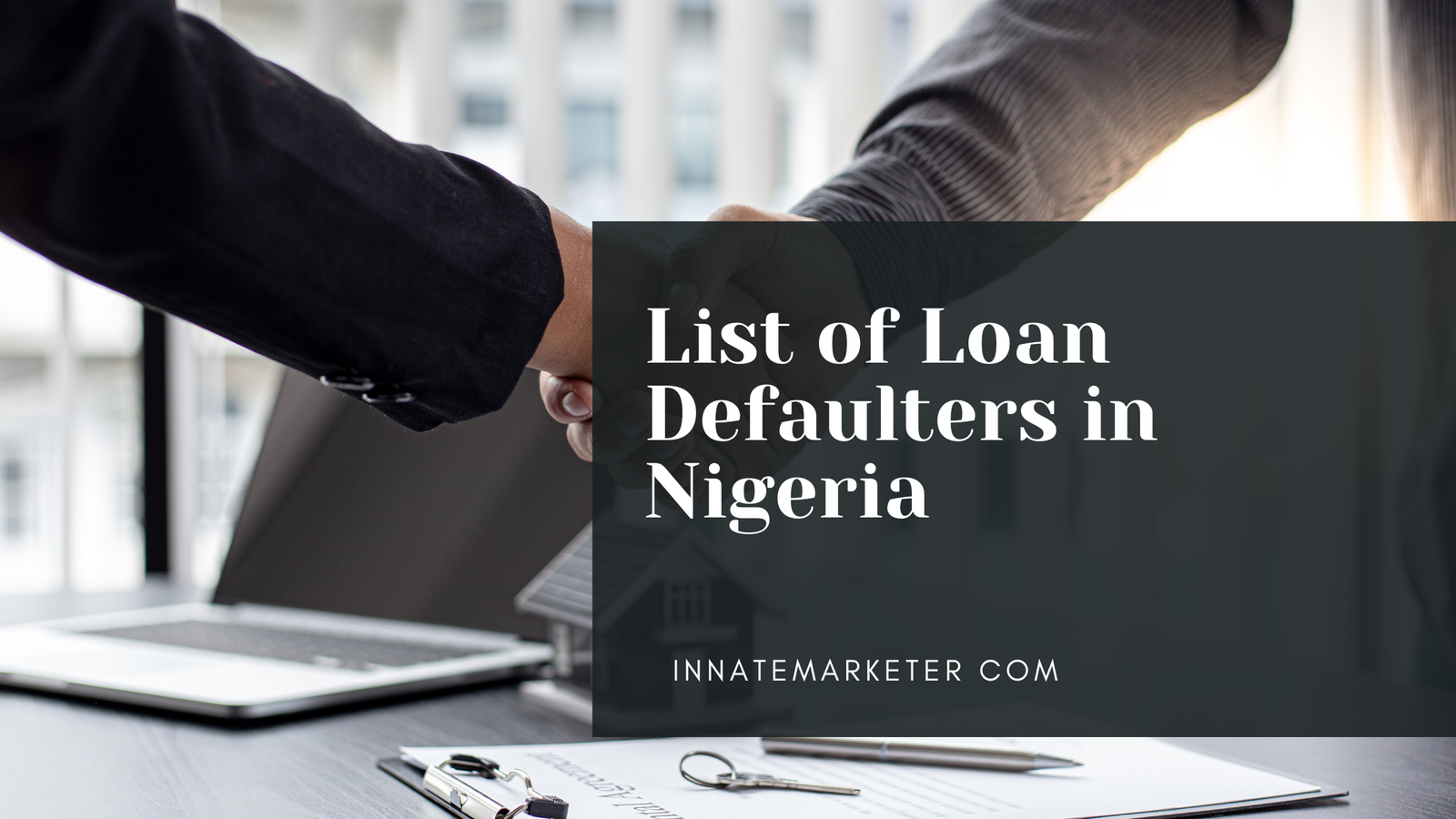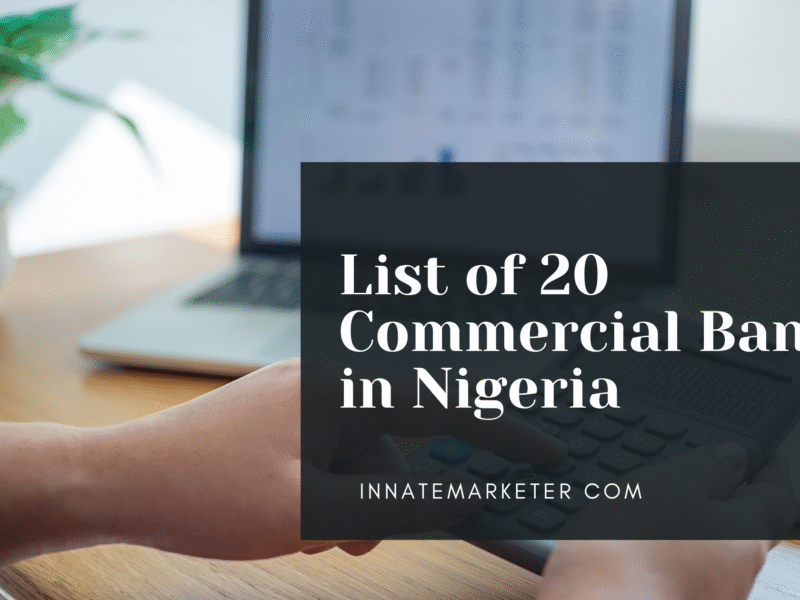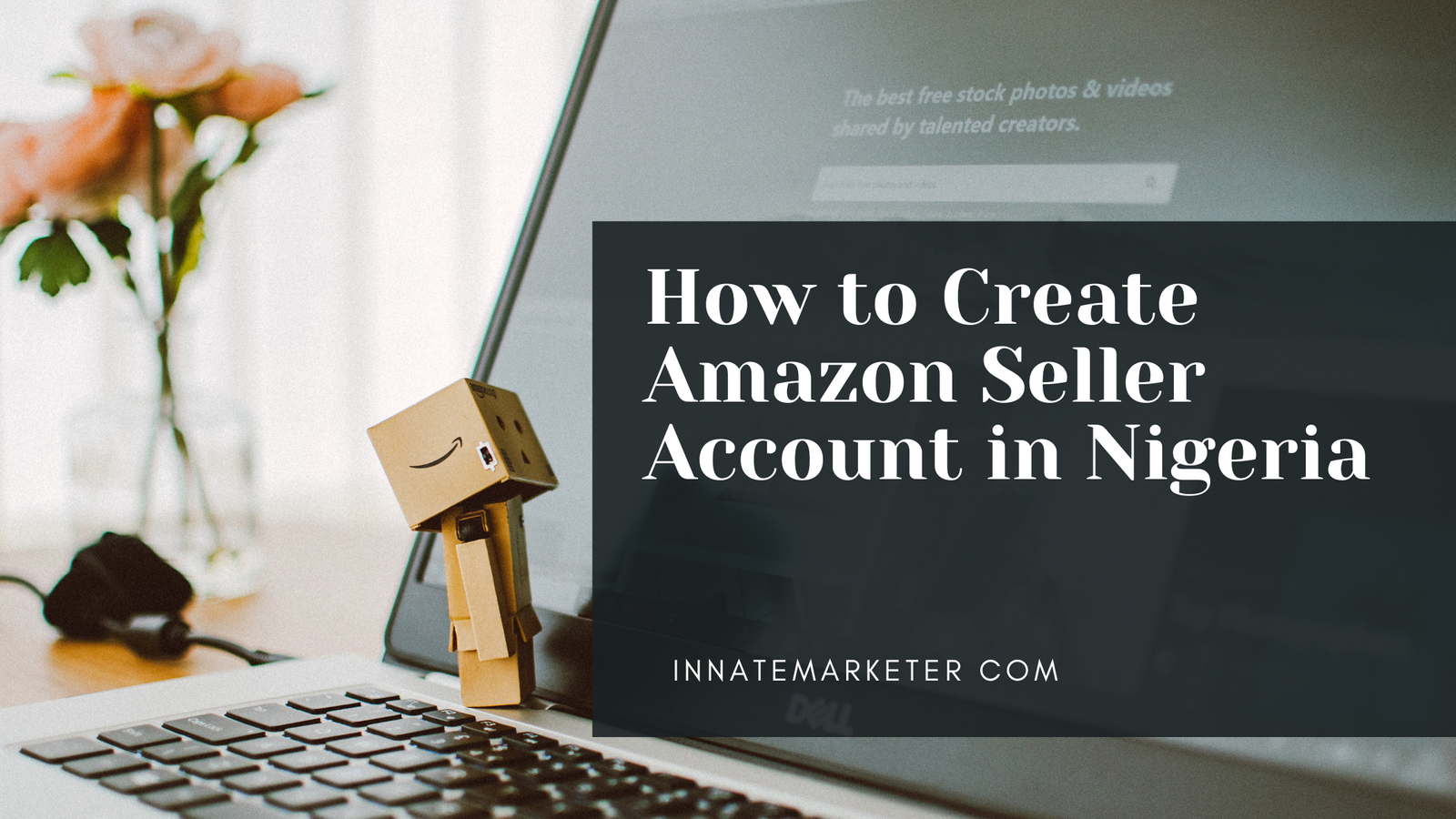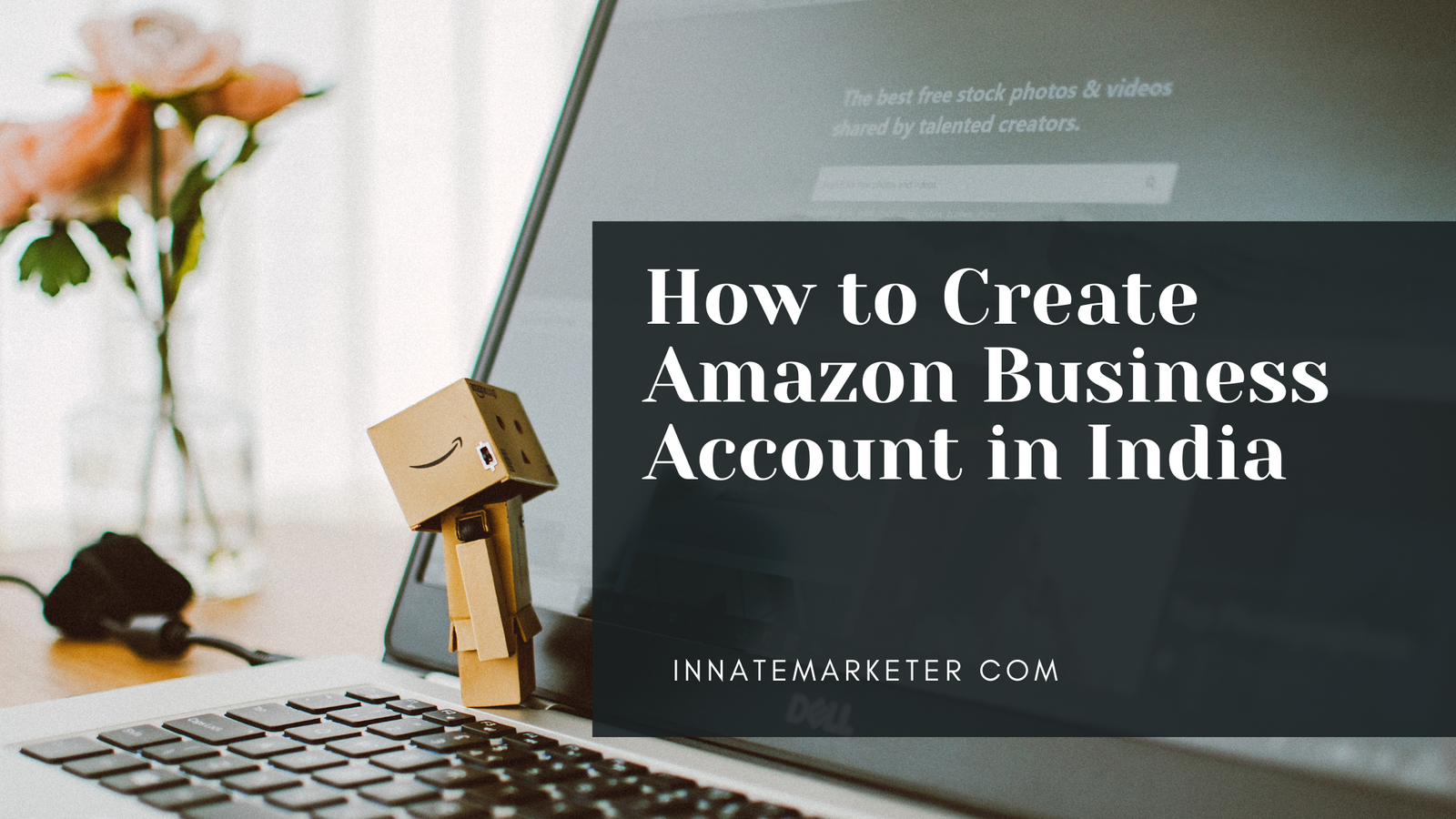Loan defaults in Nigeria have become a significant issue, especially with the rise of online lending platforms offering quick loans with minimal paperwork. While these loans provide a much-needed financial lifeline for many, some borrowers fail to meet repayment obligations, leading to defaults.
This has caused considerable concern among lenders and borrowers alike. One of the issues that arise from loan defaults is the listing of defaulters. But what does it mean to be listed as a loan defaulter in Nigeria?
And how does it affect you? In this article, we will discuss the consequences of being listed as a loan defaulter and the relevant details about the process in Nigeria.
Key Takeaway:
Being listed as a loan defaulter in Nigeria can negatively impact your credit rating, limit access to future loans, and subject you to legal actions by lenders. It’s important to understand how this works and take proactive measures to avoid falling into default.
What Does It Mean to Be a Loan Defaulter in Nigeria?
A loan defaulter is someone who has taken out a loan and failed to repay it according to the terms and conditions set out by the lender. Loan defaults can happen for a variety of reasons, including financial hardship, loss of income, or simply mismanagement of funds. In Nigeria, both traditional banks and online lenders have systems in place to track borrowers’ repayment behaviors. When a borrower fails to meet repayment deadlines, they are considered a loan defaulter.
However, the consequences of defaulting on loans extend far beyond the simple act of failing to pay. Lenders may report your default to credit bureaus, which could significantly damage your credit rating. This, in turn, affects your ability to access financial services such as loans, mortgages, and credit cards in the future.
Consequences of Being Listed as a Loan Defaulter
- Damaged Credit Score
A loan defaulter’s credit score is likely to drop substantially. Nigerian financial institutions and credit agencies like the Credit Bureau of Nigeria (CBN) track the repayment history of individuals. If you miss loan payments or fail to repay entirely, your credit score will be negatively impacted, which could prevent you from securing future loans or lines of credit. - Inability to Access Future Loans
Most lenders, including banks and microfinance institutions, rely on your credit score to determine whether to approve your loan application. A poor credit score due to a loan default could make it extremely difficult for you to secure future loans. This is particularly problematic if you need funds for essential purposes such as education, healthcare, or business ventures. - Legal Actions and Lawsuits
Loan defaulters in Nigeria may face legal actions. If you fail to repay your loan after a prolonged period, the lender has the right to take you to court. If the court rules in favor of the lender, you could be ordered to pay the debt plus additional legal fees. In extreme cases, your assets may be seized to recover the loan amount. - Harassment from Debt Collectors
If you default on your loan, debt collectors may contact you to recover the money owed. These debt collectors may employ aggressive tactics to recover the loan amount, including frequent calls and text messages, and in some cases, threats of legal action. It’s important to know your rights when dealing with debt collectors in Nigeria, as they are prohibited from using harassment or intimidation. - Social Stigma
In some instances, being listed as a loan defaulter can lead to social stigma. This may be due to the cultural perception that not repaying a loan is a sign of irresponsibility. Loan defaulters may face judgment from family members, friends, and even their wider community. While this social stigma is not a legal consequence, it can affect your mental and emotional well-being.
How Does One Get Listed as a Loan Defaulter in Nigeria?
Loan defaulters in Nigeria are typically listed with credit bureaus after a certain period of non-repayment. Credit bureaus such as the Credit Bureau of Nigeria (CBN) and other financial service providers gather data on borrowers’ repayment habits and share this information with banks and other lenders. If you fail to repay a loan, the lender reports this information to the credit bureaus, which can affect your creditworthiness and get you listed as a defaulter.
For online loans, lenders may use automated systems to track and monitor repayment schedules. Most loan apps in Nigeria send reminders to borrowers before the due date to prevent defaults. If you miss the repayment date and do not communicate with the lender, the system will flag you as a defaulter.
How Can You Remove Your Name from the Loan Defaulters List?
- Repay the Loan in Full
The best way to remove your name from the list of loan defaulters is to repay the outstanding loan. Some lenders offer repayment plans that allow you to pay off your debt in installments, making it easier to clear your loan over time. Once the loan is fully repaid, the lender will typically notify the credit bureau, and your name will be removed from the defaulters list. - Negotiate a Settlement
If you are unable to repay the full loan amount at once, you may be able to negotiate a settlement with the lender. This could involve reducing the amount owed, extending the repayment period, or agreeing to a one-time lump sum payment. Negotiating a settlement can help you avoid further damage to your credit score. - Check Your Credit Report
It is essential to regularly check your credit report to ensure that your repayment history is accurately reflected. If there is any incorrect information, such as showing you as a defaulter when you have repaid the loan, you can contact the credit bureau to have it corrected. - Seek Legal Help
In cases where you believe you are being unfairly listed as a defaulter or if you are facing legal issues regarding a loan, seeking legal advice can help you navigate the situation. A lawyer can help you understand your rights and may be able to assist in negotiating with the lender or disputing the loan default.
FAQs about List of Loan Defaulters in Nigeria

- What is a loan defaulter in Nigeria?
- A loan defaulter in Nigeria is an individual who has failed to repay a loan as per the terms and conditions agreed upon with the lender. This includes missing repayment deadlines or completely neglecting to pay back the borrowed amount.
- How does loan default affect my credit score in Nigeria?
- Loan default in Nigeria can significantly damage your credit score. Once a lender reports your non-payment to a credit bureau, your credit score will drop. A low credit score can make it difficult to access future loans or financial products.
- How long before I am listed as a loan defaulter?
- Typically, after 30 to 90 days of missed payments, a borrower is considered a loan defaulter by most lenders in Nigeria. The exact time frame varies depending on the lender’s policies and the type of loan agreement.
- Can I remove my name from the list of loan defaulters?
- Yes, once you repay your loan in full or reach a settlement agreement with the lender, your name can be removed from the list of loan defaulters. The lender will notify the credit bureau once the debt has been cleared.
- What are the consequences of being listed as a loan defaulter?
- Being listed as a loan defaulter in Nigeria can lead to a damaged credit score, making it harder to access loans, credit cards, or mortgages in the future. Additionally, you may face legal action, harassment from debt collectors, and social stigma.
- Can loan defaulters in Nigeria face legal action?
- Yes, loan defaulters in Nigeria can face legal action if they fail to repay the loan after multiple reminders. The lender may take the borrower to court to recover the owed amount, and in some cases, assets may be seized to pay the debt.
- How can I avoid being listed as a loan defaulter?
- To avoid being listed as a loan defaulter, ensure that you make timely loan repayments. If you anticipate difficulty in making payments, communicate with your lender to negotiate a repayment plan. This proactive approach can help you manage your loan and avoid default.
- Can a loan defaulter still borrow from other financial institutions?
- While it may be more difficult, a loan defaulter can still apply for loans from other financial institutions. However, they will likely face higher interest rates or may be denied loans due to their poor credit history.
- What steps should I take if I can’t repay my loan?
- If you are unable to repay your loan, contact your lender immediately. Many lenders are willing to work out a repayment plan or a settlement option. Additionally, you may seek legal advice to understand your rights and options.
- What should I do if I’m unfairly listed as a loan defaulter?
- If you believe you’ve been wrongly listed as a loan defaulter, review your loan agreement and payment records. If discrepancies exist, contact the credit bureau or the lender to dispute the listing. You may also seek legal counsel to resolve the matter.
Conclusion
Being listed as a loan defaulter in Nigeria is a serious matter that can affect your credit rating, ability to access future loans, and overall financial reputation. The consequences of loan defaults can be severe, but they are avoidable with responsible borrowing and timely repayment. If you find yourself unable to repay a loan, it’s important to communicate with your lender, seek advice, and explore options to settle the debt. Remember, managing your loans wisely and maintaining a good credit score is essential for securing financial opportunities in the future.






